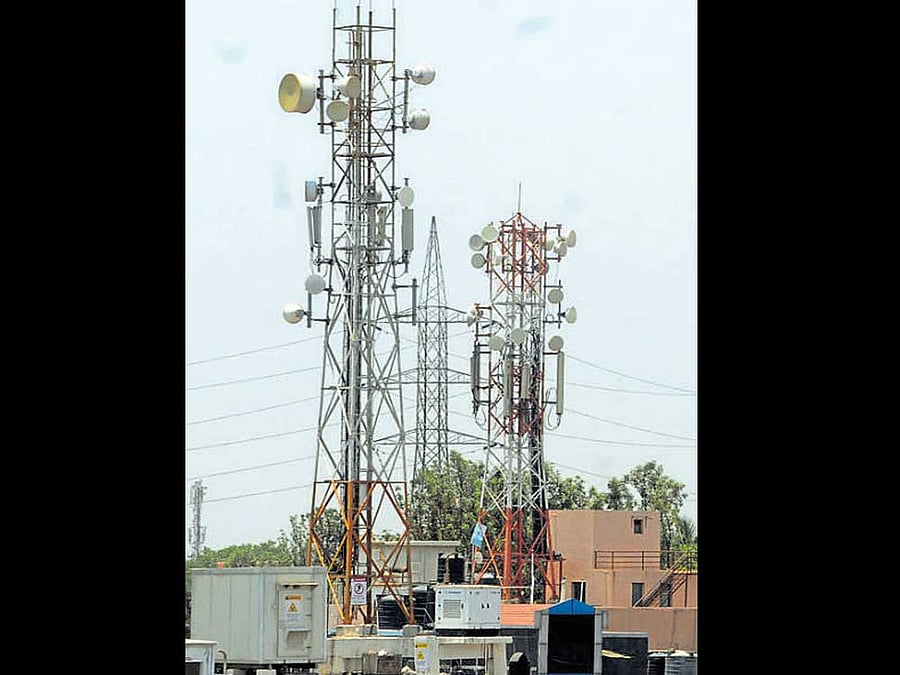
Mobile bills are set to decrease as the Telecom Regulatory Authority of India (Trai) on Tuesday cut interconnection usage charge (IUC) by 8 paise per minute. The IUC will be 6 paise per minute from October 1.
The telecom regulator also said that no call termination charge will be applicable from January 1, 2020. Telecom operators levy IUC on incoming calls from other networks and the charges are passed on to subscribers.
The IUC is a wholesale charge payable by a Telecom Service Provider (TSP) to another TSP for terminating or transiting/carrying a call from its network to the network of the receiving TSP.
The IUC mainly consists of termination charges, originating charges and carriage/transit charges.Interconnection allows subscribers, services and networks of one service provider to be accessed by subscribers, services and networks of the other service providers.
Reliance Jio had said in a presentation to Trai recently that telecom operators gained to the tune of Rs 1 lakh crore from IUC.
Industry analysts feel the decision will benefit Jio, which was at the forefront pressing for lower ICU and eventually scrapping it.
Bharti Airtel, Vodafone India and Idea Cellular, who were facing a big challenge to their consumer base from Jio, were pushing for an immediate increase in IUC to 30-35 paise per minute.
They argued that the current rate was inadequate for covering costs. They wanted the termination rate to be raised and benchmarked against the actual cost.
Jio, on the other hand, wanted IUC to be waived, saying it will benefit consumers. The Trai said, “Lower termination charges are therefore likely to benefit consumers overall (both fixed and mobile) because operators will have greater retail pricing flexibility. Operators would be able to offer consumers a wider variety of retail packages and tariff structures.”
The Trai, in its explanatory memorandum, said: “While on the one hand, a lower termination charge benefits the consumer, it does not have a negative effect on the telecom operator because it is open to the operator to recover whatever costs it incurs through the retail tariffs, subject to competitive market conditions.”
The Trai’s decision came via a gazette notification issued more than a year after it started the consultation process on the contentious issue, which saw a war of words between telecom companies.
